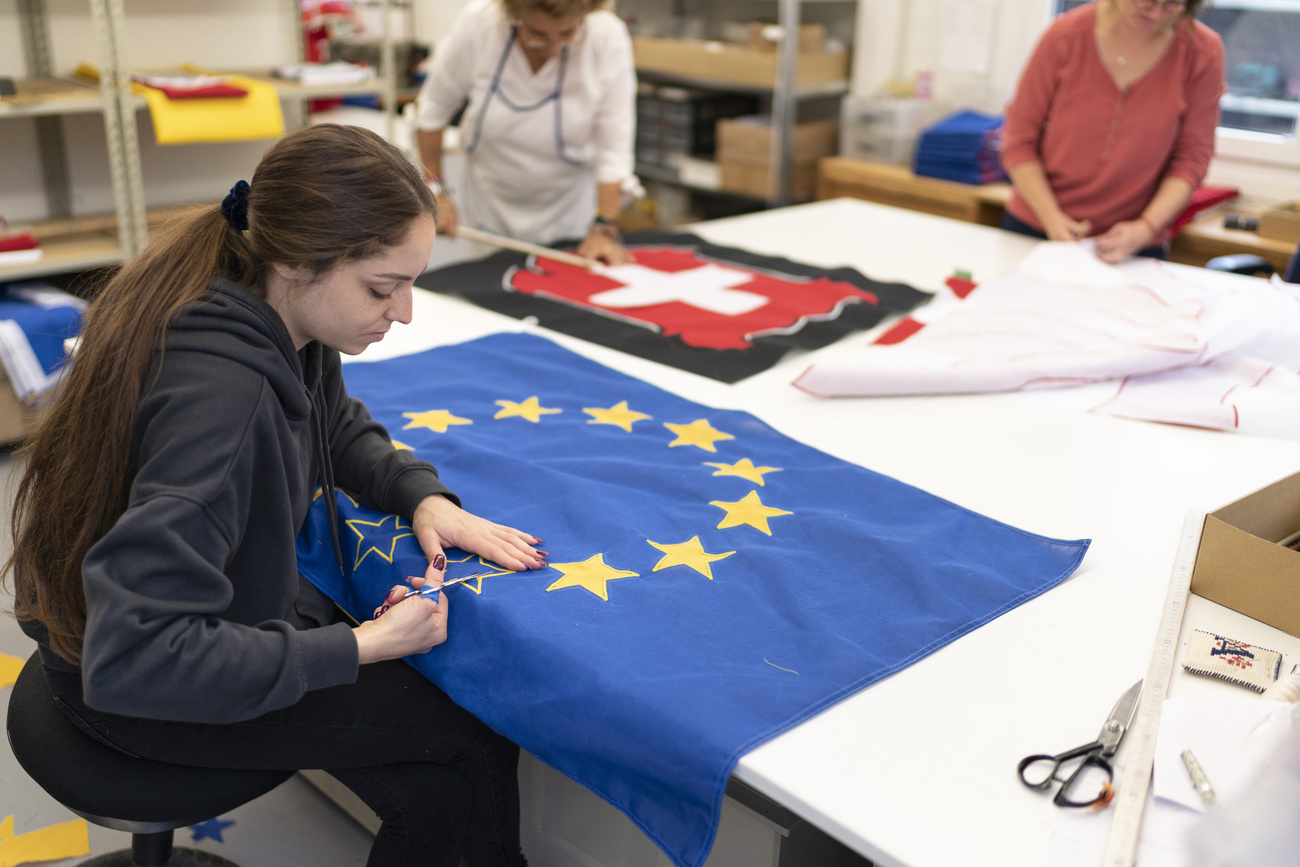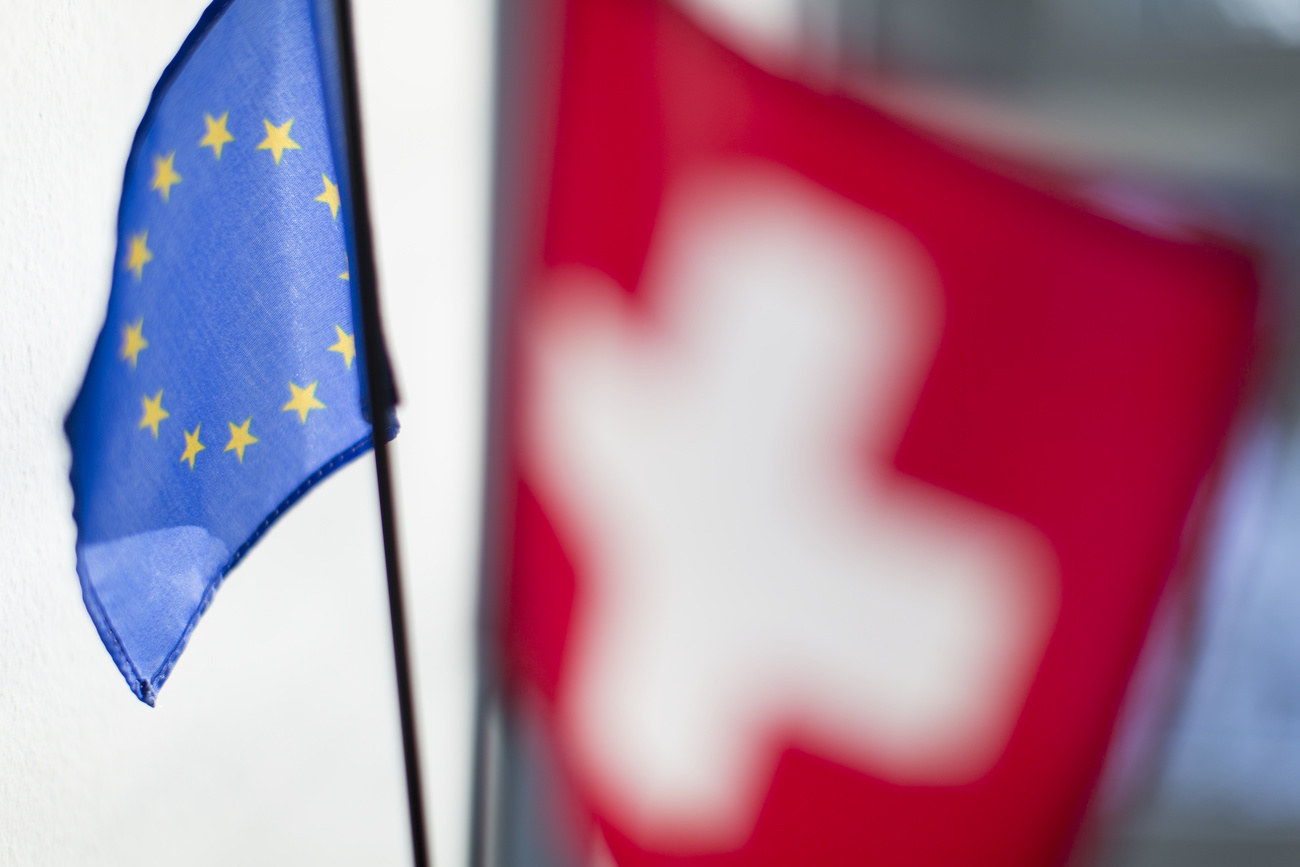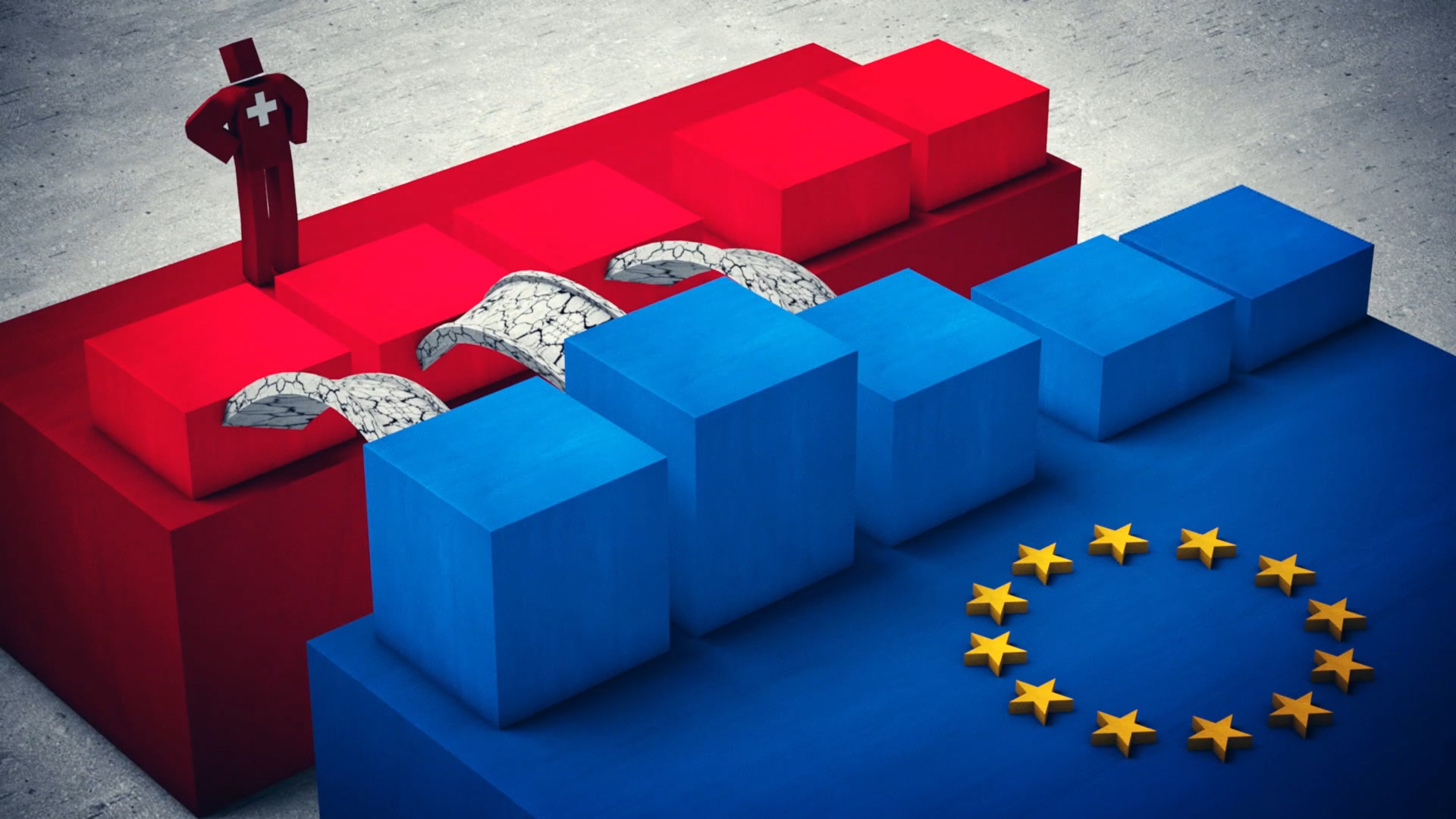Will Switzerland sort out its differences with the EU in 2023?

In 2021 the Swiss government broke off negotiations with the European Union on an institutional framework agreement to govern future relations. Now both sides are looking for a new way forward. Larissa Rhyn from Swiss public television, SRF, explains what’s at stake.
For around 20 years, Switzerland has managed its ties to the EU through a set of bilateral agreements, an alternative to full EU membership, which it would like to maintain. But since the rules governing EU market access have changed, this bilateral path needs an update, SRF correspondent Rhyn explains. However, when the EU proposed a new, overriding framework agreement, it was rejected by Swiss politicians, who found it too restrictive and unlikely to gain broad acceptance at home.
Exploratory talks since the failure of the framework deal have shown that the EU would now in principle agree to clarify the institutional issues in a series of sectoral deals, or a “packet approach”. This could allow Switzerland to opt out of some of the usual single market rules. Nevertheless, Switzerland is still not ready to enter into real negotiations with the EU – it wants more time to “sound things out”. At the same time, Brussels is also not keen to concede too much.
“If the EU grants Switzerland many exceptions, then other member states will demand the same,” Rhyn says – it’s a question of keeping discipline in the ranks.
The Swiss decision to break off talks towards the framework agreement also notably led to the country’s loss of participation in the Horizon Europe research programme. This was a heavy blow for Swiss universities and gave the EU more leverage in any future discussions.

What’s next?
“The EU would like a binding agreement soon,” says Rhyn. After all, the five-year mandate of the current presidency of the EU Commission ends in 2024. If things are not wrapped up by then, personal contacts between negotiating partners might need to be re-established, which would slow down progress or even make an agreement more difficult.
But Switzerland looks more likely to put on the brakes. “Here, one has the feeling that some groups would rather delay the whole thing a little longer because elections are coming up in October 2023, and the topic of Europe is a very sensitive one,” says Rhyn. As usual, relations between Switzerland and the EU are creeping along.

In compliance with the JTI standards
More: SWI swissinfo.ch certified by the Journalism Trust Initiative






You can find an overview of ongoing debates with our journalists here. Please join us!
If you want to start a conversation about a topic raised in this article or want to report factual errors, email us at english@swissinfo.ch.